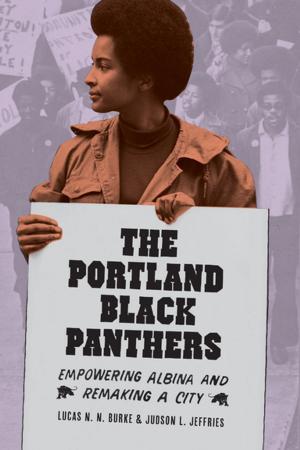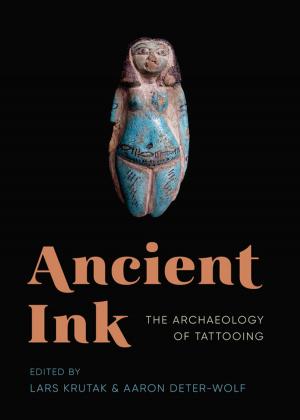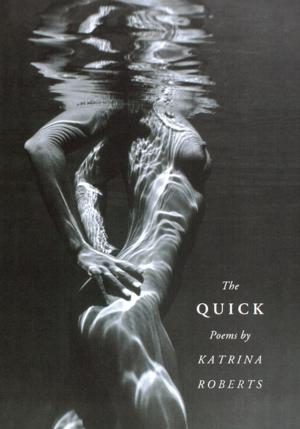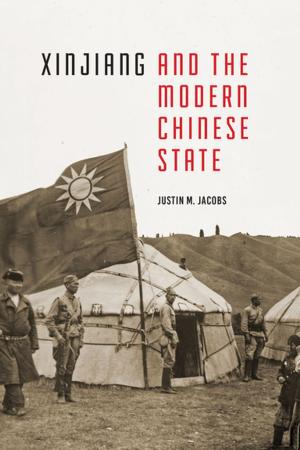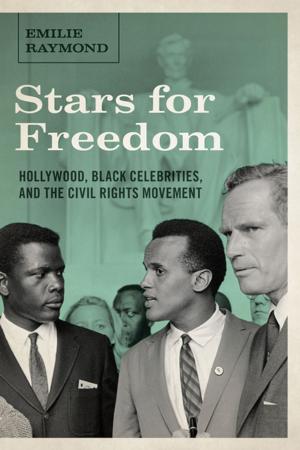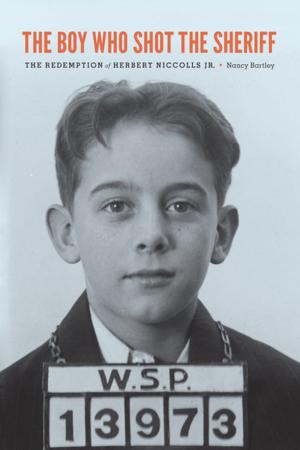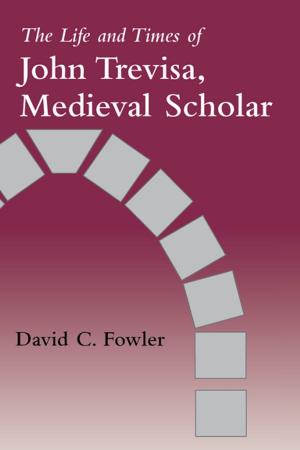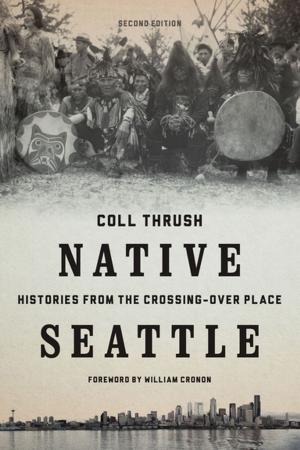The Goldmark Case
An American Libel Trial
Nonfiction, Reference & Language, Law, Legal History, History, Americas| Author: | William L. Dwyer | ISBN: | 9780295806372 |
| Publisher: | University of Washington Press | Publication: | June 18, 2015 |
| Imprint: | University of Washington Press | Language: | English |
| Author: | William L. Dwyer |
| ISBN: | 9780295806372 |
| Publisher: | University of Washington Press |
| Publication: | June 18, 2015 |
| Imprint: | University of Washington Press |
| Language: | English |
In 1962 John Goldmark, cattle rancher, Harvard Law School graduate, and distinguished three-term state legislator for a lightly populated area in north central Washington, was overwhelmingly defeated in his bid for reelection. He and his wife, Sally, had been accused of being communists by a small group of right-wing extremists. The Goldmarks sued their accusers for libel and when their case came to trial in the winter of 1963-64 it has become a cause celebre throughout the country.
Witnesses of national reputation crossed the country to testify, the eastern press covered the case, and issues of civil liberties, the communist challenge to the values of American society, and the radical right movement were fought out before a rural jury. The charge that the American Civil Liberties Union was a communist front, among other issues, was litigated for the first time. Today the Goldmark trial can still tell us much about democracy, civil liberties, and trial by jury.
William Dwyer was the Goldmarks' chief counsel. His gripping story of their nightmare and ultimate vindication is a classic of American trial court history. He provides a vivid picture of the political climate and its effect on everyone involved--plaintiffs, defendants, and counsel for both sides. In addition he gives us a fascinating description of the courtroom drama itself, revealed in the extensively quoted testimony, and a fascinating account of the way trial lawyers plan the strategy of a case: from jury selection, the questioning and cross-examination of witnesses, to final arguments.
In 1962 John Goldmark, cattle rancher, Harvard Law School graduate, and distinguished three-term state legislator for a lightly populated area in north central Washington, was overwhelmingly defeated in his bid for reelection. He and his wife, Sally, had been accused of being communists by a small group of right-wing extremists. The Goldmarks sued their accusers for libel and when their case came to trial in the winter of 1963-64 it has become a cause celebre throughout the country.
Witnesses of national reputation crossed the country to testify, the eastern press covered the case, and issues of civil liberties, the communist challenge to the values of American society, and the radical right movement were fought out before a rural jury. The charge that the American Civil Liberties Union was a communist front, among other issues, was litigated for the first time. Today the Goldmark trial can still tell us much about democracy, civil liberties, and trial by jury.
William Dwyer was the Goldmarks' chief counsel. His gripping story of their nightmare and ultimate vindication is a classic of American trial court history. He provides a vivid picture of the political climate and its effect on everyone involved--plaintiffs, defendants, and counsel for both sides. In addition he gives us a fascinating description of the courtroom drama itself, revealed in the extensively quoted testimony, and a fascinating account of the way trial lawyers plan the strategy of a case: from jury selection, the questioning and cross-examination of witnesses, to final arguments.


